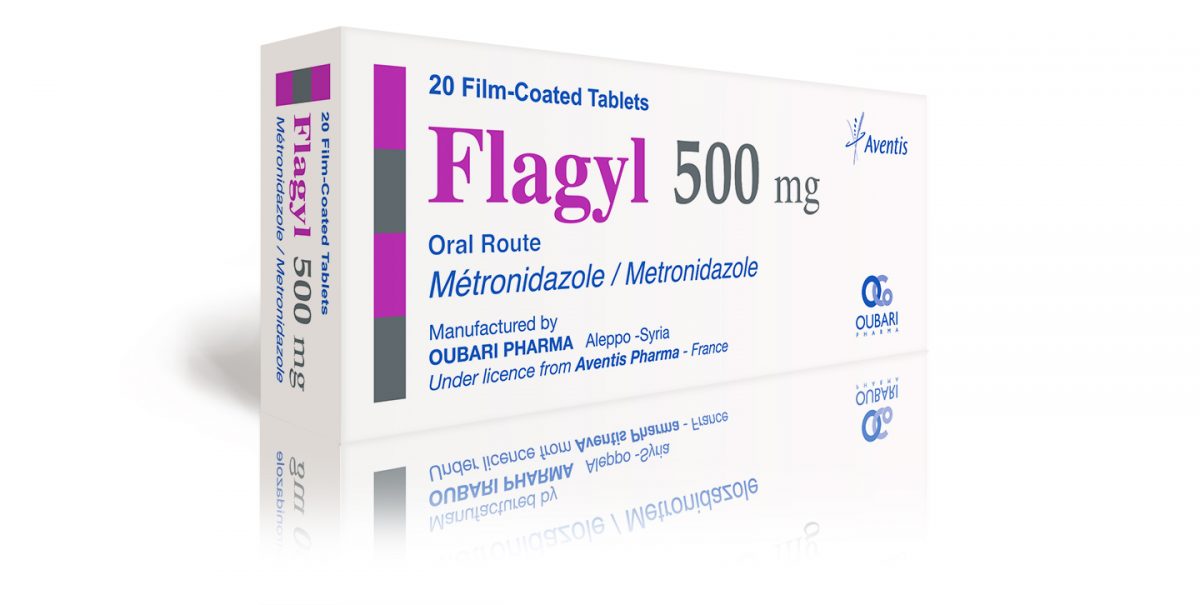Prince Philip, 97, was involved in a car accident outside London. For families everywhere, the incident raises all-too-familiar questions.
Author: admin
Net Clinical Benefit of Non-Vitamin K Antagonist vs Vitamin K Antagonist Anticoagulants in Elderly Patients with Atrial Fibrillation
The risks of thromboembolic and hemorrhagic events in patients with atrial fibrillation both increase with age; therefore, net clinical benefit analyses of anticoagulant treatments in the elderly population are crucial to guide treatment. We evaluated the 1-year clinical outcomes with non-vitamin-K antagonist and vitamin K antagonist oral anticoagulants (NOACs vs VKAs) in elderly (≥75 years) patients with atrial fibrillation in a prospective registry setting.
Enhanced NMR reveals chemical structures in a fraction of the time
Researchers have developed a way to dramatically enhance the sensitivity of nuclear magnetic resonance spectroscopy (NMR), a technique used to study the structure and composition of many kinds of molecules, including proteins linked to Alzheimer’s and other diseases.
Specific cognitive deficits in individuals with spinal cord injury
A multidisciplinary team of researchers has identified specific cognitive deficits in individuals with spinal cord injury (SCI). Their findings support the theory of accelerated aging after SCI, and have important implications for further research.
Does being bilingual make children more focused? Study says no
Bilingual children do not have more advantages than monolingual children when it comes to executive function, which includes remembering instructions, controlling responses, and shifting swiftly between tasks.
Air pollution increases ER visits for breathing problems
As levels of ozone and fine particulate pollution (PM2.5) rise, more patients end up in the ER with breathing problems, according to the largest US study of air pollution and respiratory emergency room visits of patients of all ages.
Placentas adapt when mothers have poor diets or low oxygen during pregnancy
Researchers have discovered the placenta regulates how much oxygen and nutrients it transports to babies during challenging pregnancies in the first study of its kind. The placenta is one of the least understood human organs and it is notoriously difficult to study. This new research focused on analyzing the placental mitochondria and it is hoped the new findings could lead to tests to determine whether a mother’s placenta is functioning properly.
Synaptic logic for connections between two brain hemispheres
Researchers have developed a new combination of technologies that allows them to identify the functional properties of individual synapses that link the two hemispheres and determine how they are arranged within a neuron’s dendritic field.
‘Happiness’ exercises can boost mood in those recovering from substance use disorder
Brief, text-based, self-administered exercises can significantly increase in-the-moment happiness for adults recovering from substance use disorders, report researchers.
Fighting deadly drug resistant bacteria in intestines with new antibiotic
Clostridium difficile infection (CDI) is a potentially deadly infection in the large intestine most common in people who need to take antibiotics for a long period of time, particularly in Australia’s ageing population. But when doses of a new antibiotic called Ramizol were given to hamsters infected with a lethal dose of the bacteria, a significant proportion of hamsters survived the infection.

